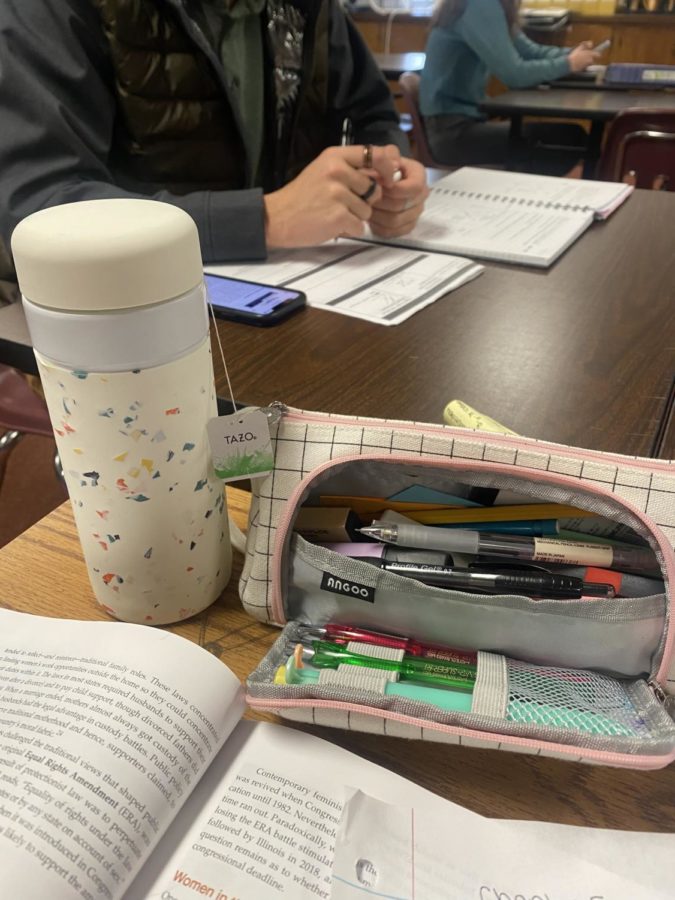Banning Tetris? Ridiculous!
Tetris has been a favorite game for many millions of people all over the world for nearly 30 years. There is no game which is more widely known, and it is undoubtedly one of the most staple titles of all classic games. Unfortunately, this game, like most, is blocked from our school’s computers; all servers that support this wonderful block-based pastime are restricted. This is obviously an effort to maintain focus when students are using the school’s computers, but does it really make as much sense as it sounds? There is some legitimate evidence suggesting that Tetris could be more beneficial if it were actually implemented in schools, rather than prohibited.
Your Brain and Neuroplasticity
The brain is a complex organ. It is, by a long shot, the least understood feature of our bodies. It works tirelessly throughout a life to build billions of neurological connections. These connections are created during the learning of a task and strengthened during the repetition of a task. Scientific studies have recently revealed to us that our brain is a constantly changing organ, and everything we do affects how it performs in the future.
This idea revolves around the concept of brain plasticity. Brain plasticity, or neuroplasticity, is long lasting functional changes in the brain occurring when we learn new things or memorize new information. These changes in neural connections are called neuroplasticity.
It has been discovered in the past decade that anyone can increase their brain’s willingness to increase neuroplasticity with certain activities. This means that by doing certain ‘brain training’ activities one could markedly increase their brain’s plasticity, and, consequently, the speed and effectiveness at which they learn. Tetris has been found to be on the list of these brain training activities.
A Game of Tetris a Day Keeps the Alzheimers Away
According to research by Dr. Richard Haier, consistent Tetris activity can lead to more efficient brain activity during play. When first playing Tetris, the brain works hard, consumes a good amount of energy and uses significant glucose stores; however, Haier’s research showed that after the brain became used to the task, it became many times more efficient when playing Tetris, which makes sense.
But there’s more. The benefits of becoming more efficient at Tetris extended past the simple block game. It was found that even moderate playing of Tetris (half-an-hour a day for three months) boosts general cognitive functions such as “critical thinking, reasoning, language and processing” and increases cerebral cortex thickness.
Building upon this section of the brain means something significant. Because the cerebral cortex is the most recently evolved and highly developed portion of our brains, it holds responsibility for the highest functions such as language, reasoning, logic and memory. This means that strengthening this area of our brain by increasing its gray matter will help with a multitude of general and specific tasks such as learning a new language, memorizing a complicated math formula or recalling where you put your car keys.
Block-Building to a Better Education
Schools should look at this research. Tetris, along with other stimulating puzzle- or pattern-based games, may, if implemented properly, increase subject comprehension and retention significantly. Brain training may be a new area of research, but it’s a promising one; and in a world where the United States’ students are falling behind in education, any increases in educational efficiency should be reasonably considered.









